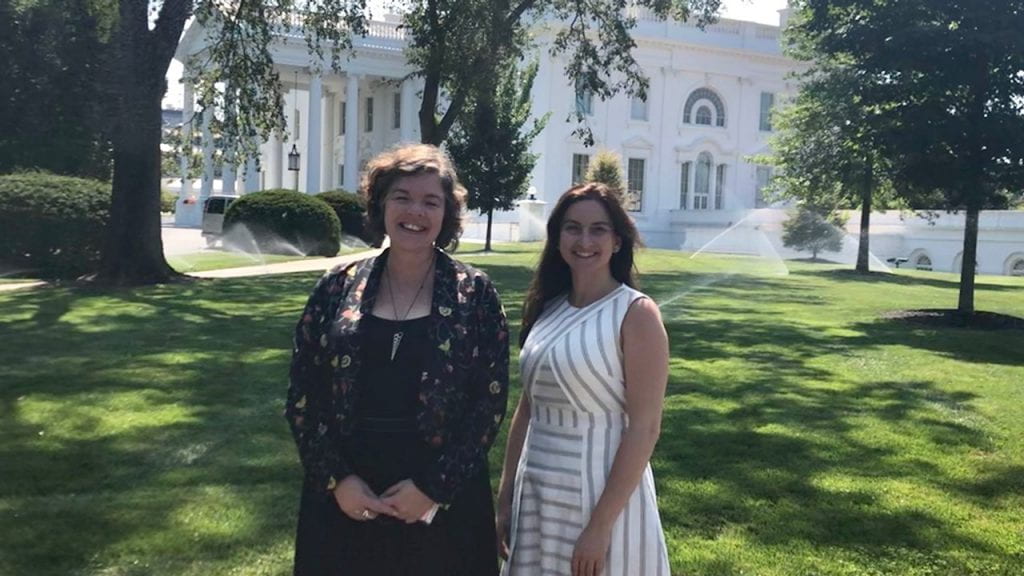Kia ora koutou
Ngā mihi mō te Tau Hou Pakeha. Me whakanui ngā mahi kua tutuki. Me anga whakamua te titiro mō te tau hou. I hope everyone has had a relaxing summer break.
Some down time over summer provided some space to think about space … and I co-authored a brief reflection on the topic for the University of Auckland publication, inSCight, with Marta Mager from MBIE.
You can read the final published version here
The reflection is also reproduced below.
Noho ora mai


“Space is for everybody. It’s not just for a few people in science or math, or for a select group of astronauts. That’s our new frontier out there, and it’s everybody’s business to know about space.”
– Christa McAuliffe (1948–1986)
More than a few researchers we meet on our travels raise an amused, sceptical eyebrow at the thought of kiwis being among those with an interest in space, but in fact, Aotearoa New Zealand has a long history in space science and technology. Starting with Bill Pickering leading NASA’s Jet Propulsion Lab from 1954 to 1976 and Beatrice Tinsley’s pioneering astronomy from the 1960s to the 1980s, and now inspired by Peter Beck and his team at Rocket Lab, which has developed the Electron launch vehicle to provide frequent and reliable launch from Mahia Peninsula – we have form. Indeed, New Zealand was the first country in the world to host a fully-private launch operator offering dedicated small satellite launch from their own facility in 2017. This remarkable achievement came from a private endeavour that drew on cutting-edge technology developed from across New Zealand’s science and innovation system, supported by government effort led by the New Zealand Space Agency (NZSA), located within the MBIE. Rocket Lab chose Mahia Peninsula as a perfect location for its frequent launch model.
As well as track record, our legislation, the Outer Space and High-altitude Activities Act, enables a responsible, secure and innovative New Zealand-based launch industry. This allows ready connection with the global space sector, which is fast growing and inherently research and development intensive. An increasing number of commercial companies are launching, manufacturing, and operating satellites. This also creates an increasing market for downstream products and services using the data generated by these satellites. The application of space-based services and products is becoming more common, opening up new ways of communicating, navigating and understanding our natural environment using satellites for observation.
Our journey as a space faring-nation began in the ‘NewSpace’ era – a term that describes the accelerating pace of private sector investment and innovation, which is transforming the global space economy. Unlike most space-faring nations, New Zealand does not have a legacy in traditional, large-scale government-led space programmes, but we do have a particularly collaborative and agile approach to space, and our ‘space ecosystem’ is evolving rapidly. Beyond Rocket Lab, we already have great space start-ups across the country (including some that have come out of the University of Auckland) and opportunities to grow.
The New Zealand Space Agency supported a delegation of nine space companies and research organisations at the world’s largest annual space convention, the International Astronautical Congress, last month in Washington DC. Guglielmo Aglietti, the newly appointed Director of the Auckland Space Institute, and John Carter represented the University of Auckland. New Zealand signed a number of agreements, including an MoU with the Australian Space Agency.
Watch the video used to showcase New Zealand’s diverse and fast-growing space sector here
Another milestone in October for the New Zealand Space Agency was the completion of US Company LeoLabs’ Kiwi Space Radar in Naseby, Central Otago. The radar helps tracks objects in lower earth orbit down to two centimetres, and was featured in Space News. And MBIE’s Peter Crabtree featured in another October edition of Space News talking about how New Zealand met its responsibilities under the Outer Space Treaty, and our ambitions to maximise the opportunities for science and technology around the space opportunity.
So despite those raised eyebrows, we predict exciting times ahead.
“Space or science fiction has become a dialect for our time.”
– Doris Lessing
Marta Mager, MBIE, Head of Agency/Minister Counsellor Science & Innovation, USA & Canada
Juliet Gerrard, Prime Minister’s Chief Science Advisor

Juliet and Marta in front of the White House in Washington DC.
